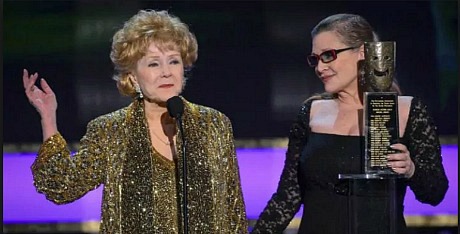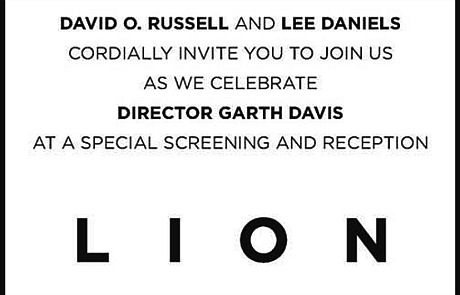Journo pally: “I had never seen Michelangelo Antonioni‘s Zabriskie Point (’70) so I recently recorded it off TCM. Just finished watching it. Is this the worst film ever made by a major director? If not, what is?”
HE reply: “It has some interesting moments but yeah, it’s not a good film. It’s certainly Antonioni’s worst, and it definitely knee-capped his career. For the first time in his career he was riding high in the U.S. with Blow-Up in late ’66 and ’67, and then three years later, wham…dead meat.
“And I don’t mean that in commercial terms. Throughout the ’60s the Antonioni brand meant high-end art cinema of an exceptional caste. His films were onto something else. You could feel it, sense it. But Zabriskie Point blew that mystique out of the water. Then he got it back with The Passenger in ’75, at least in terms of that final shot.
“You know what Antonioni’s deal is. He wanted to keep things oblique. He concentrated on undercurrents by way of images, textures, quietness, empty spaces. He was never a purveyor of driving, fast-forward narratives. He was never been into overt emotion. Time and again he hinted at decaying, dissolute values and corrupt attitudes. In Zabriskie he tried to capture the chaos and nihilism of the late ’60s, but he didn’t want to be didactic or even somewhat specific about issues.





